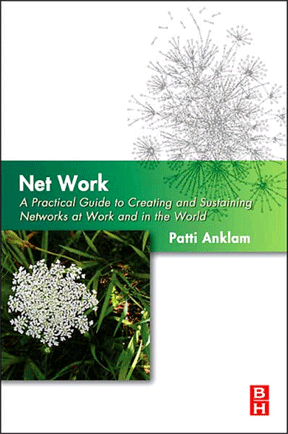JP Rangaswami, CIO and Chief scientist, BT Design was the first keynote speaker at Enterprise 2.0 in Boston Tuesday morning. Clearly aware of the high volume of tweeting, he acknowledeged that he knew he was talking at the “risk of being tweeted out of existence.”
He is a person profoundly aware of the ways that the Internet and our constant connectivity are changing us. We have gone from being silos to being the network, from stocks to flows. He illustrates an instance of the kinds of changes we are seeing by being onstage “playing the instrument that is his voice, while [a colleague] plays an instrument called the screen.” (The screen images were distracting, but then it’s possible that it is I who is not yet fully capable of living in this new world.)
He characterized this new world, interestingly, as one of loss of control:
- Loss of control of the perimeter of the firm. The environment of business has altered to the extent that it’s no longer possible to understand where the boundaries of the enterprise are. Yet, companies still try to put boundaries around units inside the company and between the company and its partners, customers. Such efforts are misguided, I think I heard him say; my interpretation is that everything that happens inside is relevant outside and potentially vice versa.
- We have lost control of our tools; they are now mobile, location-sensitive. Employees want to bring their own devices into the workplace and want to use their workplace tools to connect to the outside.
- Similarly, we have lost control of our data. It’s an ocean, now, once you let something (even one tiny thing out), it is swimming in that ocean and you cannot control it.
As we lose control over our tools, our data, our boundaries, we have to ask whether these tools are making us dumber? If we are getting dumber, are the organizations in which we work getting dumber? His answer is “perhaps,” then “no,” we may be individually getting dumber, but collectively our organizations are getting much, much smarter.
Worrying about loss of control is managing for scarcity. We need to do is to design for abundance, for the abundance of what is available to us outside the perimeters, outside the walled tools and data, and outside the limited view of the individual.


